Author Archives: David Tuber
Author Archives: David Tuber
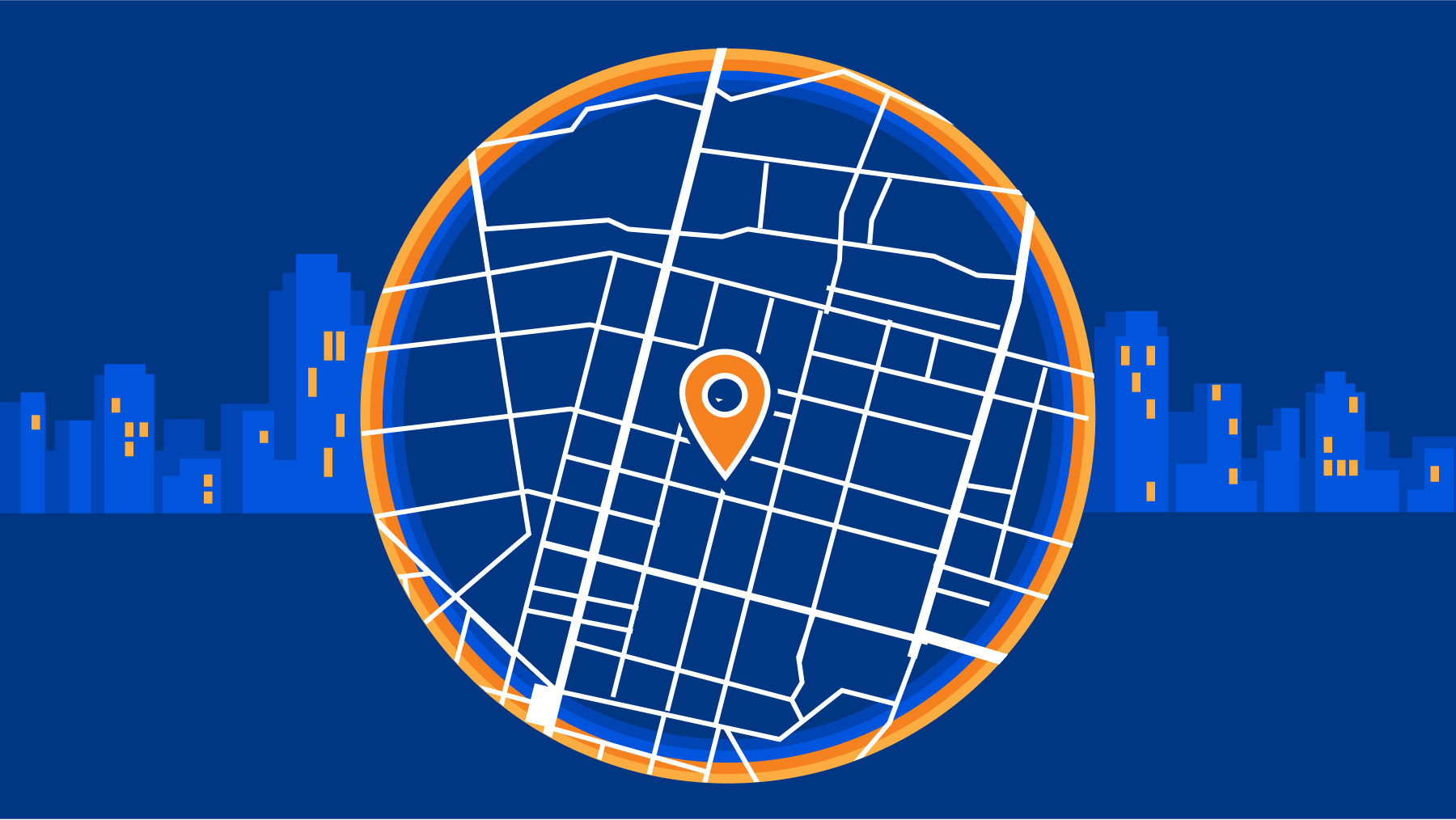
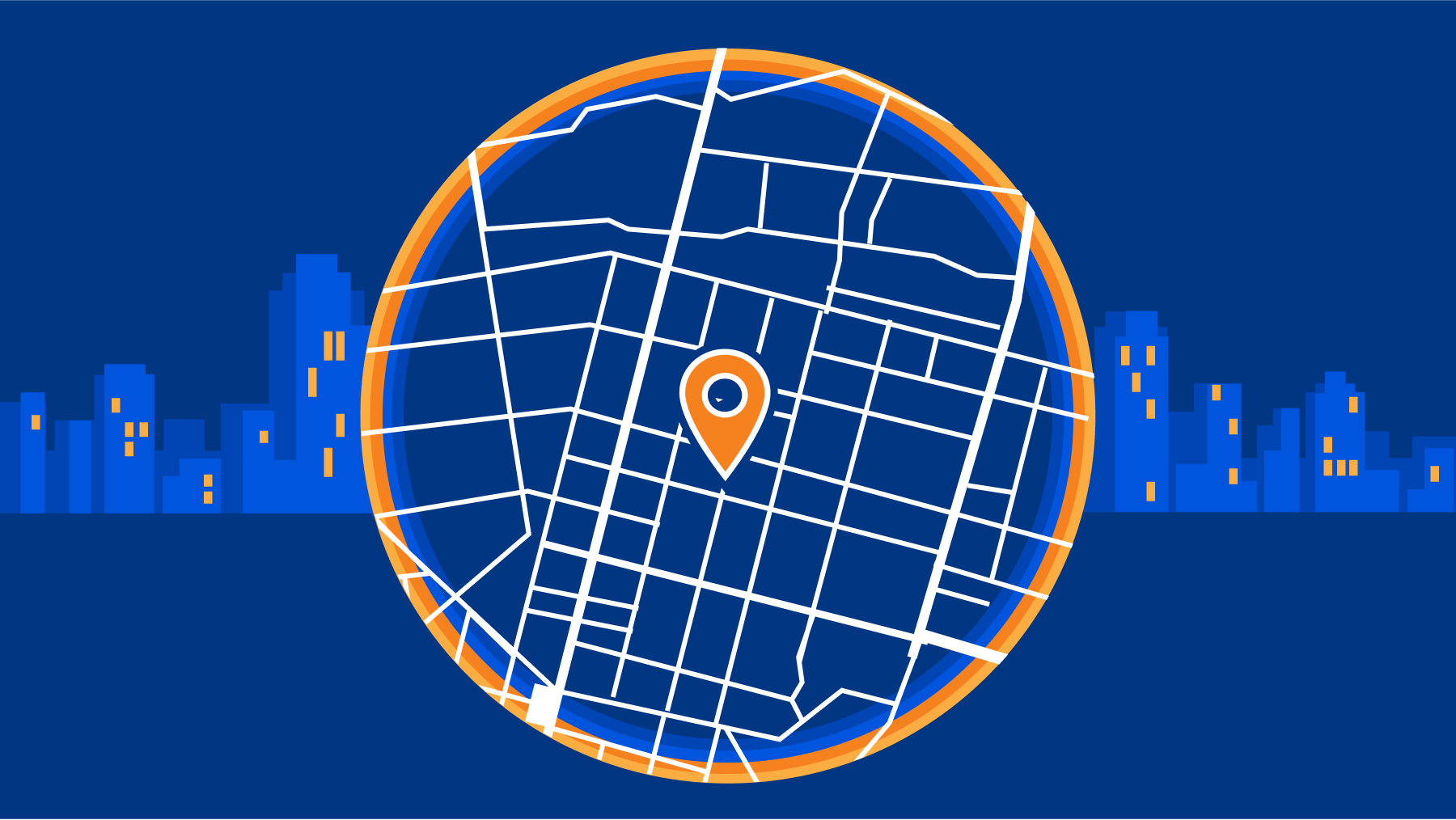
Building a corporate network is hard. We want to enable IT teams to focus on exploring and deploying cutting edge technologies to make employees happier and more productive — not figuring out how to add 100 Mbps of capacity on the third floor of a branch office building.
And yet, as we speak to CIOs and IT teams, we consistently hear of the challenge required to manage organization connectivity. Today, we’re sharing more about how we’re solving connectivity challenges for CIOs and IT teams. There are three parts to our approach: we’re making our network more valuable in terms of the benefit you get from connecting to us; we’re expanding our reach, so we can offer connectivity in more places; and we’re further reducing our provisioning times, so there’s no more need to plan six months in advance.
Cloudflare delivers security, reliability, and performance products as a service, all from our global network. We’ve spent the past week talking about new releases and enhanced functionality — if you haven’t yet, please check out some exciting posts on how to replace your hardware firewall, managing third party tools in the cloud, and protecting your web pages Continue reading


What would you say if we told you your IP network can be faster by 10%, and all you have to do is reach out to your account team to make it happen?
Today, we’re announcing the general availability of Argo for Packets, which provides IP layer network optimizations to supercharge your Cloudflare network services products like Magic Transit (our Layer 3 DDoS protection service), Magic WAN (which lets you build your own SD-WAN on top of Cloudflare), and Cloudflare for Offices (our initiative to provide secure, performant connectivity into thousands of office buildings around the world).
If you’re not familiar with Argo, it’s a Cloudflare product that makes your traffic faster. Argo finds the fastest, most available path for your traffic on the Internet. Every day, Cloudflare carries trillions of requests, connections, and packets across our network and the Internet. Because our network, our customers, and their end users are well distributed globally, all of these requests flowing across our infrastructure paint a great picture of how different parts of the Internet are performing at any given time. Cloudflare leverages this picture to ensure that your traffic takes the fastest path through our infrastructure.
Previously, Argo optimized traffic at Continue reading

This blog was published on November 20, 2021. As we continue to optimize our network we're publishing regular updates, which are available here.

A little over two months ago, we shared extensive benchmarking results of last mile networks all around the world. The results showed that on a range of tests (TCP connection time, time to first byte, time to last byte), and on a range of measurements (p95, mean), that Cloudflare was the fastest provider in 49% of networks around the world. Since then, we’ve worked to continuously improve performance until we’re the fastest everywhere. We set a goal to grow the number of networks where we’re the fastest by 10% every Innovation Week. We met that goal during Birthday Week (September 2021).
Today, we’re proud to report we blew the goal away for Full Stack Week (November 2021). Cloudflare measured our performance against the top 1,000 networks in the world (by number of IPv4 addresses advertised). Out of those, Cloudflare has become the fastest provider in 79 new networks, an increase of 14% of these 1,000 networks. Of course, we’re not done yet, but we wanted to share the latest results and explain how we did it.
However, Continue reading


“The last 20% of the work requires 80% of the effort.” The Pareto Principle applies in many domains — nowhere more so on the Internet, however, than on the Last Mile. Last Mile networks are heterogeneous and independent of each other, but all of them need to be running to allow for everyone to use the Internet. They’re typically the responsibility of Internet Service Providers (ISPs). However, if you’re an organization running a mission-critical service on the Internet, not paying attention to Last Mile networks is in effect handing off responsibility for the uptime and performance of your service over to those ISPs.
Probably not the best idea.
When a customer puts a service on Cloudflare, part of our job is to offer a good experience across the whole Internet. We couldn’t do that without focusing on Last Mile networks. In particular, we’re focused on two things:
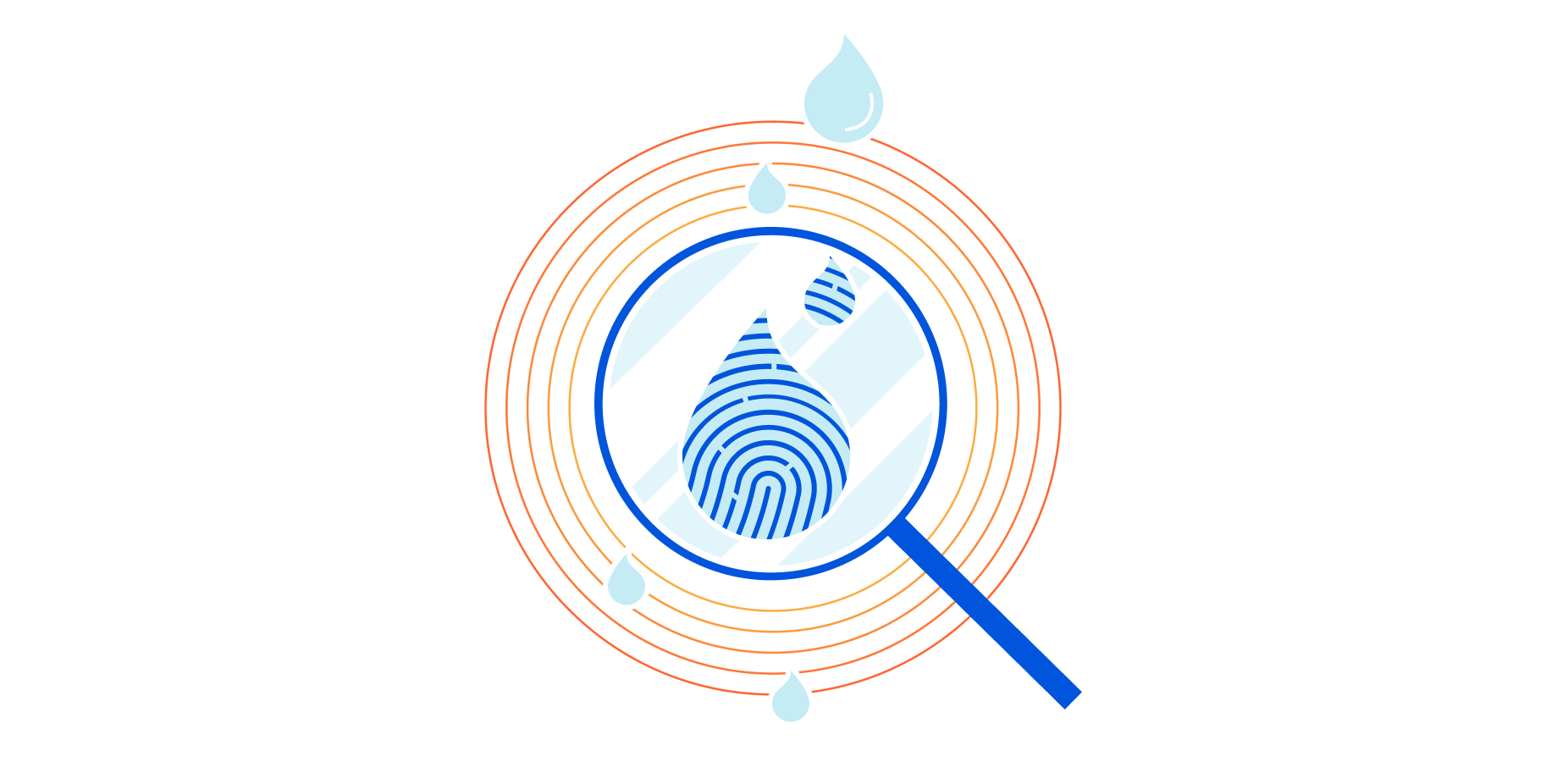
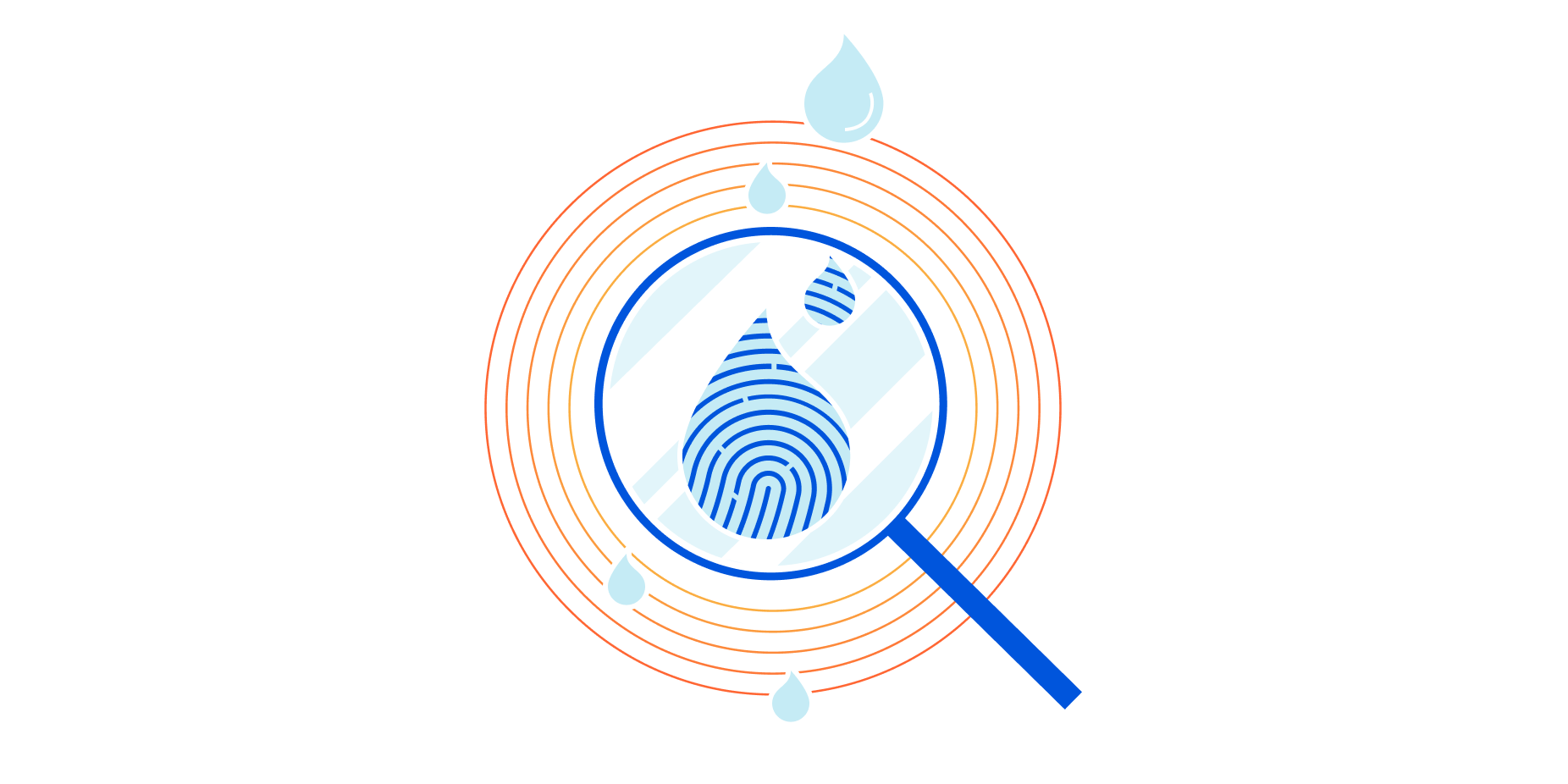
Border Gateway Protocol (BGP) route leaks and hijacks can ruin your day — BGP is insecure by design, and incorrect routing information spreading across the Internet can be incredibly disruptive and dangerous to the normal functioning of customer networks, and the Internet at large. Today, we're excited to announce Route Leak Detection, a new network alerting feature that tells customers when a prefix they own that is onboarded to Cloudflare is being leaked, i.e., advertised by an unauthorized party. Route Leak Detection helps protect your routes on the Internet: it tells you when your traffic is going places it’s not supposed to go, which is an indicator of a possible attack, and reduces time to mitigate leaks by arming you with timely information.
In this blog, we will explain what route leaks are, how Cloudflare Route Leak Detection works, and what we are doing to help protect the Internet from route leaks.
A route leak occurs when a network on the Internet tells the rest of the world to route traffic through their network, when the traffic isn’t supposed to go there normally. A great example of this Continue reading
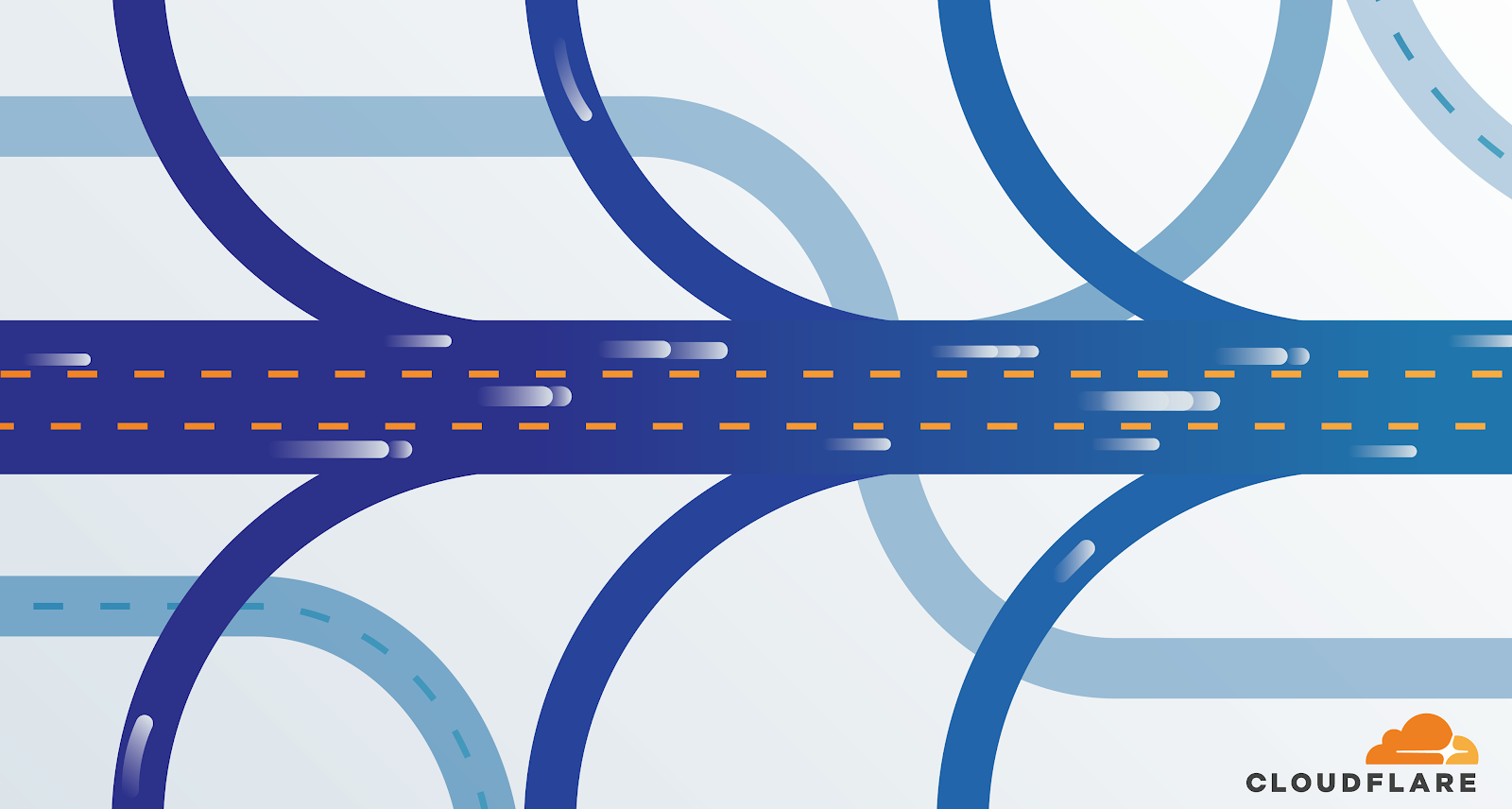
Today we’re excited to announce Cloudflare Network Interconnect (CNI). CNI allows our customers to interconnect branch and HQ locations directly with Cloudflare wherever they are, bringing Cloudflare’s full suite of network functions to their physical network edge. Using CNI to interconnect provides security, reliability, and performance benefits vs. using the public Internet to connect to Cloudflare. And because of Cloudflare’s global network reach, connecting to our network is straightforward no matter where on the planet your infrastructure and employees are.
At its most basic level, an interconnect is a link between two networks. Today, we’re offering customers the following options to interconnect with Cloudflare’s network:
To use a real world analogy: Cloudflare over the years has built a network of highways across the Internet to handle all our customers' traffic. We’re now providing dedicated on-ramps for our customers’ on-prem networks to get onto those highways.
CNI provides more reliable, faster, and more Continue reading